When the pandemic bore down, our family had recently completed a journey across West Africa. Our plan was to remain in South Africa for a few months, recover our finances, and prepare the Land Rover for a trip from Cape Town to Vladivostok. In March 2020, we left Cape Town as news of Covid-19 rang ever more alarming, and found ourselves in lockdown in a campsite. We worked quickly to find a more secure location and situation, and eventually, in November, were able to forge ahead in the direction of Russia. Fortunately, and surprisingly, Africa (with the exception of South Africa) has been spared the vicious scourge suffered by many Northern Hemisphere countries. Most African borders remain open, but with conditions. We have crossed six borders as we head up the East Coast of Africa and have learned that overland travel has changed significantly. Yes, our current experience is specific to Africa, but I believe that the same principles apply to all developing nations and continents.
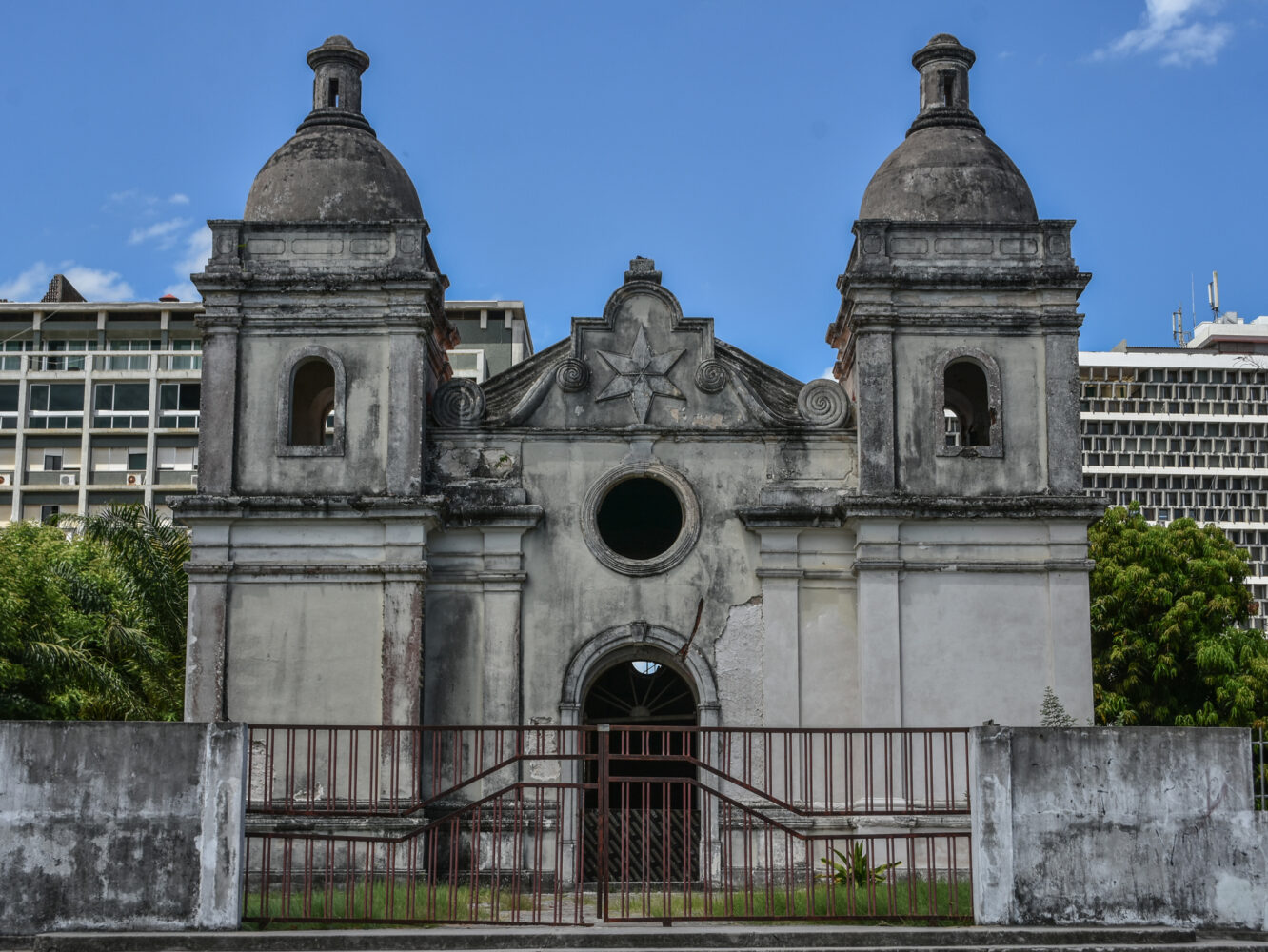
Bureaucracy (and Corruption)
One of the most daunting challenges of international overland travel has always been the sheer amount of documentation and preparation needed to facilitate the journey. We are now treading through a minefield. Each country has its requirements for the controlled entry and movement of travelers. And while many are desperate for tourism, others rely equally on cross-border trade. Presently, the continental minimum requirement for border entry is a recent negative Polymerase Chain Reaction (PCR) test (valid between 72 hours and two weeks, depending on the country; rapid tests are not generally accepted), and a person must display no symptoms. Other countries may insist on self-quarantine up to 14 days and/or letters of clearance from various health ministries, as well as the negative PCR test. The regulations change regularly, which can be both disrupting and confusing.

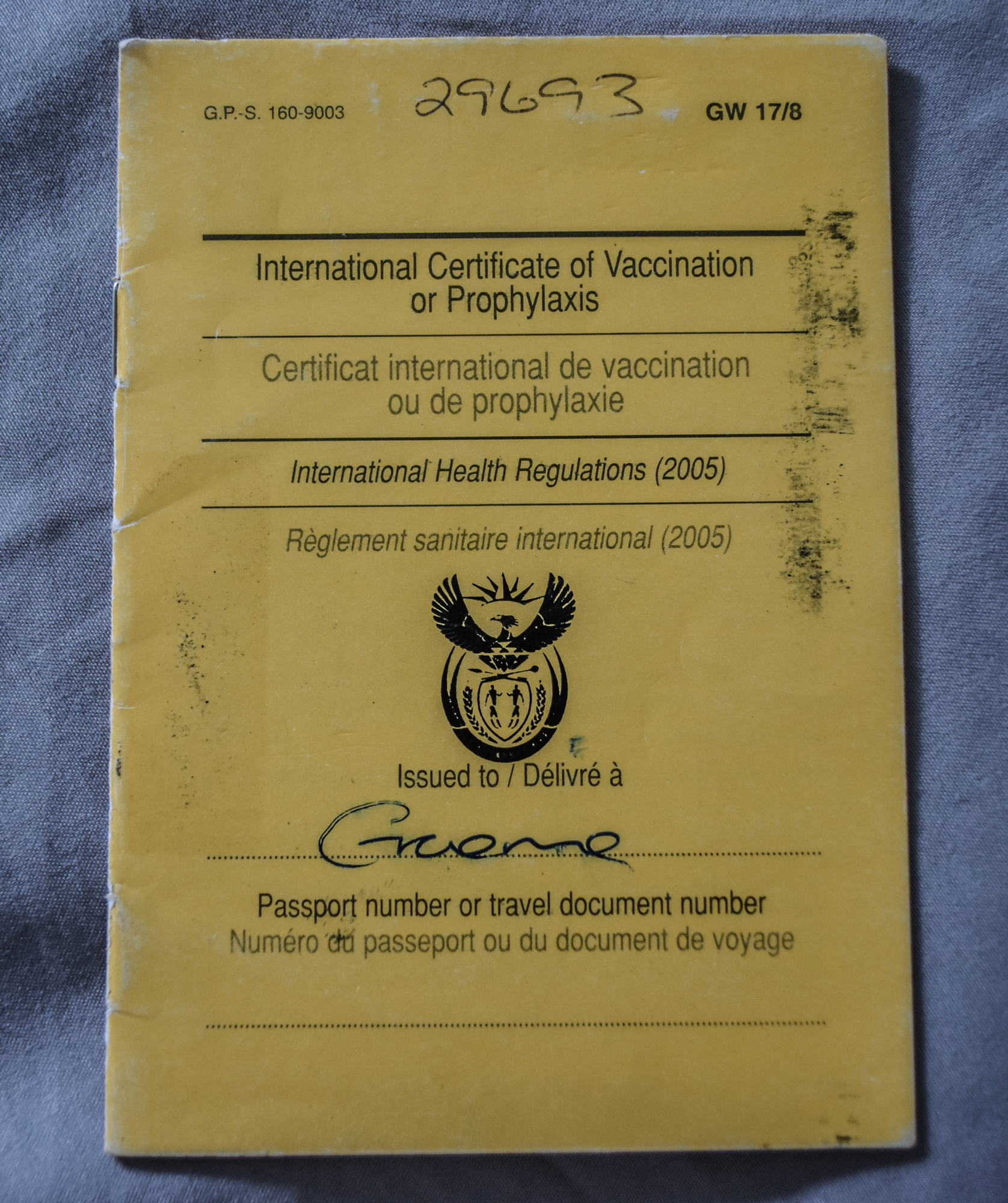
Unfortunately, corruption is piggybacking the bureaucracy. Many corrupt border and health officials have found themselves in a position where they have lost their regular nefarious income and are now in a position of greater power. We have witnessed the chaos created by PCR test line jumpers who slip a hundred dollars to test technicians. And we were recently “held hostage” in a UNICEF tent at the Malawian border as a health official first told us that our negative, valid PCR tests were invalid, but a few hundred dollars would change his mind and convince the immigration officials to allow us to enter. We retrieved our documentation and returned to Mozambique to pursue plan B. Always have a plan B. And plan C. It is worth mentioning that when we drove from Cape Town to Kilimanjaro and back in 2010, we never paid any bribes and were not hindered at all. Times have certainly changed, and the stakes are higher than ever.
The Virus
It is the traveler’s responsibility not to spread the virus. We will not allow ourselves the liberty of ignoring or second-guessing the science; we are not qualified to do so, and a positive Covid-19 result will stop us dead in our tracks. We, like you, have no idea when this all will end. The only way that we can justify traveling during this period is to take every necessary step to ensure that we do not spread the virus by strictly adhering to the rules, and habitually practicing self-isolation and social distancing while wearing masks, maintaining impeccable levels of sanitation. To date, we (a family of four) have each taken three tests, and all have tested negative. It seems that a vaccine stamp in our yellow “International Certificate of Vaccination or Prophylaxis” books (alongside the other 12 vaccines we have taken to be able to travel) will soon be the accepted health “visa,” which will negate the expensive and uncomfortable PCR tests. However, it is likely just a matter of time before we become luminescent.
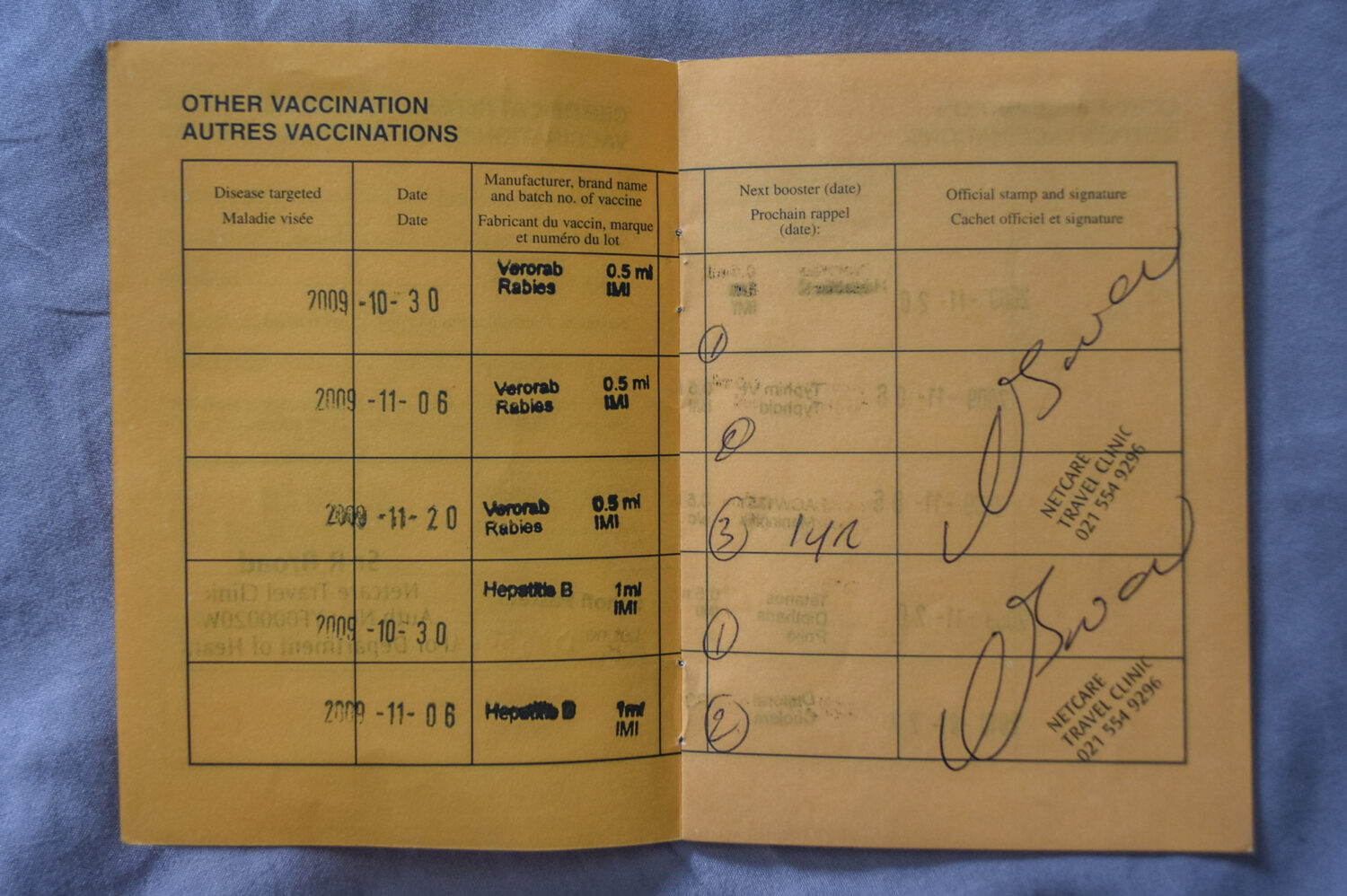
Safety and Security
Times are tough, and people are hungry—in more ways than one. The majority of rural Africans have most likely not been as terribly affected by the economic crisis associated with the pandemic as they are subsistence farmers who grow as much as they need and extra for the market. We know because we have travelled 26 African countries overland. Organic, delicious food is plentiful and affordable, and we do not feel that we have much to fear from the country folk. It is in the cities of emerging markets where the crisis is being felt most, and where people are desperate to pay for an expensive urban lifestyle and all the commitments which come with it. You can feel the tension in the air in cities like Maputo, Tete, or Lusaka, and we soon learned that it is best to avoid cities and large towns. Borders are also quite intense as money changers and fixers fight for the scraps, and you are the scraps.
Infrastructure
With many donor nations struggling to support their economies and health systems, the surplus, which is the cornerstone of aid to developing countries, is under pressure. Many nations rely on international donors to fund infrastructure programs such as road development and maintenance and electricity supply. Donor and municipal funds are being diverted, and we have experienced many power outages; roads, which deteriorate rapidly with destructive rainy seasons, seem worse than ever. It is foreseeable that the situation will not improve in the short term, and the quality of infrastructure has a direct impact on the ease of travel.
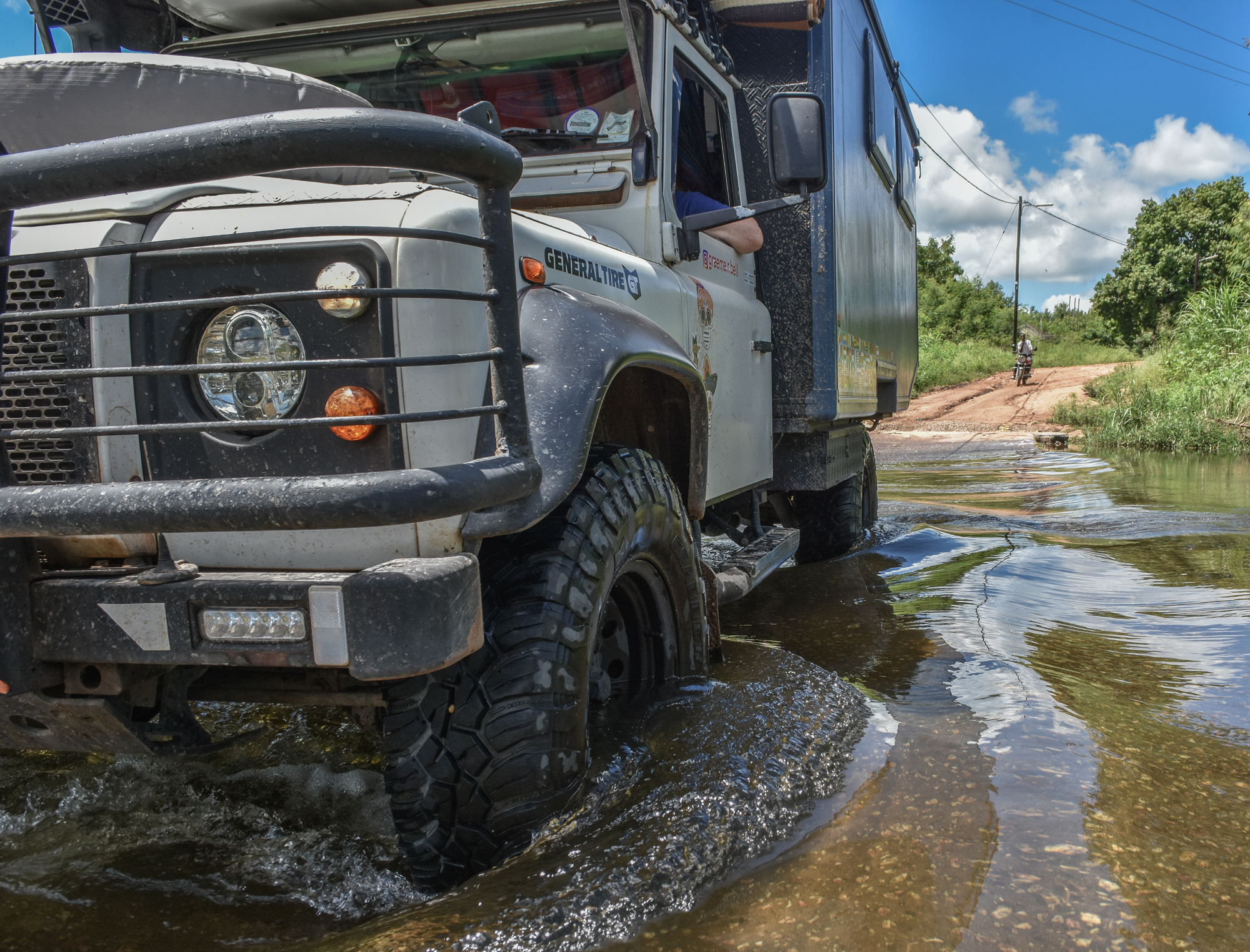
Tourism
Many countries and individuals rely heavily on the economic power of tourism. And with very few tourists, there are countless individuals and companies competing in a once-booming market. Yes, there are opportunities for tourists as prices are slashed for accommodation, tours, and services, but that also puts a lot of pressure on a traveller to contribute to the local economy. Many overlanders travel on a tight budget, but tour operators and the like do not understand that reality. There is an expectation that the only tourist in town should be taking the dhow tours and eating at restaurants, buying curios, and bringing relief to the local economy. It is difficult not to be able to spend as expected.
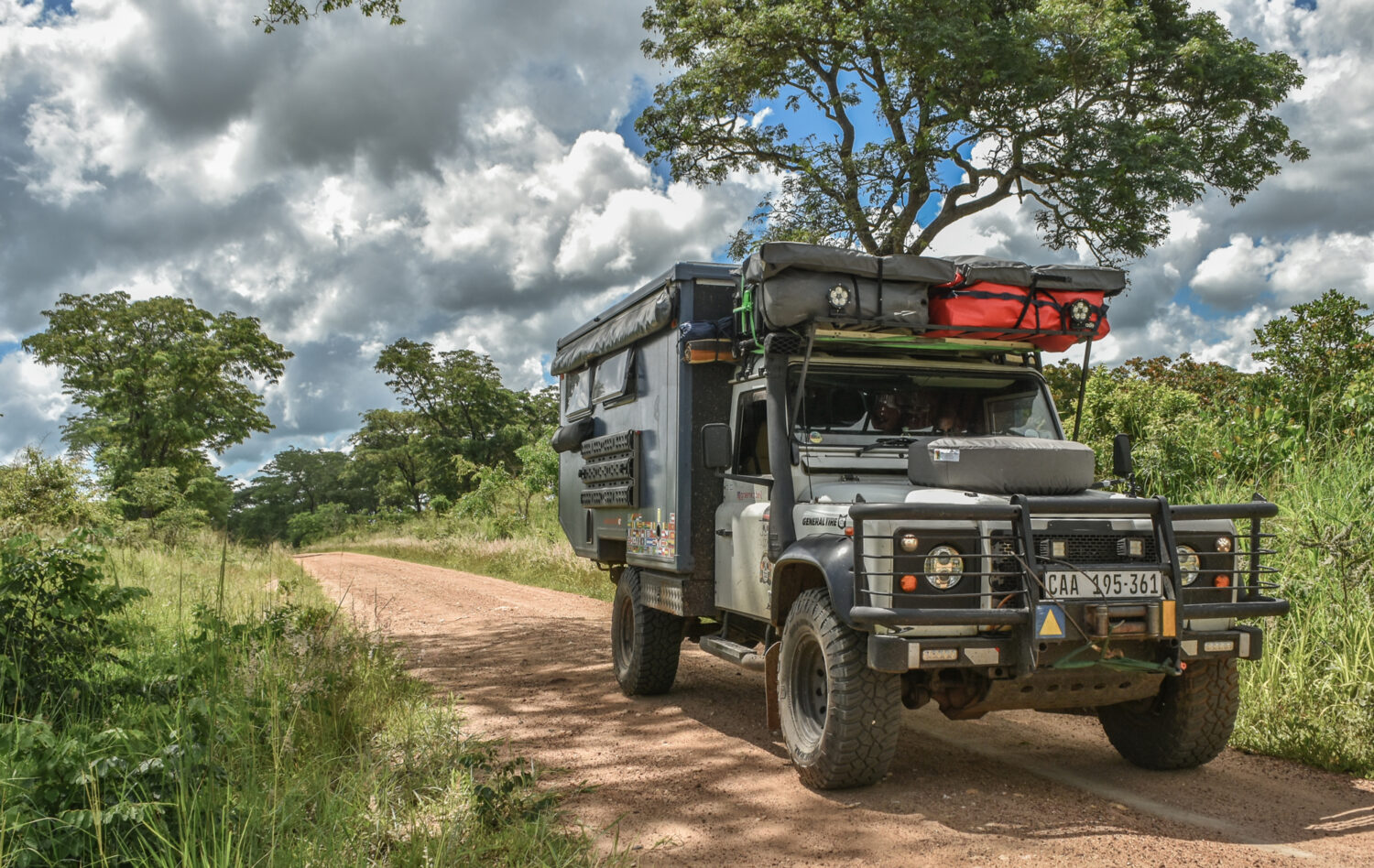
There are, however, benefits to an empty road. If you enjoy solitude and wide-open spaces all to yourself, well, that’s almost guaranteed. Wildlife lovers will have the water hole to themselves. No longer will your transit camp be ruined by 20-seat overland trucks full of rowdy, stimulated youngsters. In fact, you can have the entire camp at your disposal. Travelling now must be similar to traveling in the 1950s and 1960s when there were very few overlanders crossing continents.
Closed Borders and the Threat of LockDown
By some miracle, we should still be able to drive all the way from Cape Town to Cairo despite the crisis. There are two significant obstacles. Firstly, there is a low intensity (depending on who you ask) civil war simmering in Ethiopia. As a result, the northern border with Sudan is closed, and there is no way around Ethiopia either via Somalia and Eritrea or equally volatile South Sudan. Our only option is to travel slowly and hope that the situation in Ethiopia will calm and that the borders will open in the next few months. The second potential obstacle is that we will become stranded in a “locked” country as the situation is ever-changing, and a country that is open and allows us entry may be forced to lock down and deny us exit. We really do not want to be locked down again for an extended and unspecified amount of time. The only recourse is to study the route carefully, obsessively scour the news and pandemic-related health ministry websites, and try to maintain a situation with the most opportunities for free movement and stability.
Islamic extremism is also an aggravating factor to be considered as poverty is the petri dish of extremism. We were unable to cross northern Mozambique into Tanzania as an ISIS-affiliated group has infiltrated the area.
It is indeed a difficult time to be travelling, and we cannot realistically expect that the situation will suddenly change for the better. Should we wait until 2023 to travel again? While there are many obstacles to overcome, our love for the overland lifestyle, the freedom, and the rewards of traveling (across Africa) outweigh the negatives. There are a hardy handful of experienced, intelligent overland travelers currently carefully calculating their way across various regions, and we understand why. The alternative is lockdown—staring at the walls. We have already sacrificed a year of our precious lives sheltering in place and are determined to explore responsibly, slowly, and carefully until the world returns to a semblance of normality.


